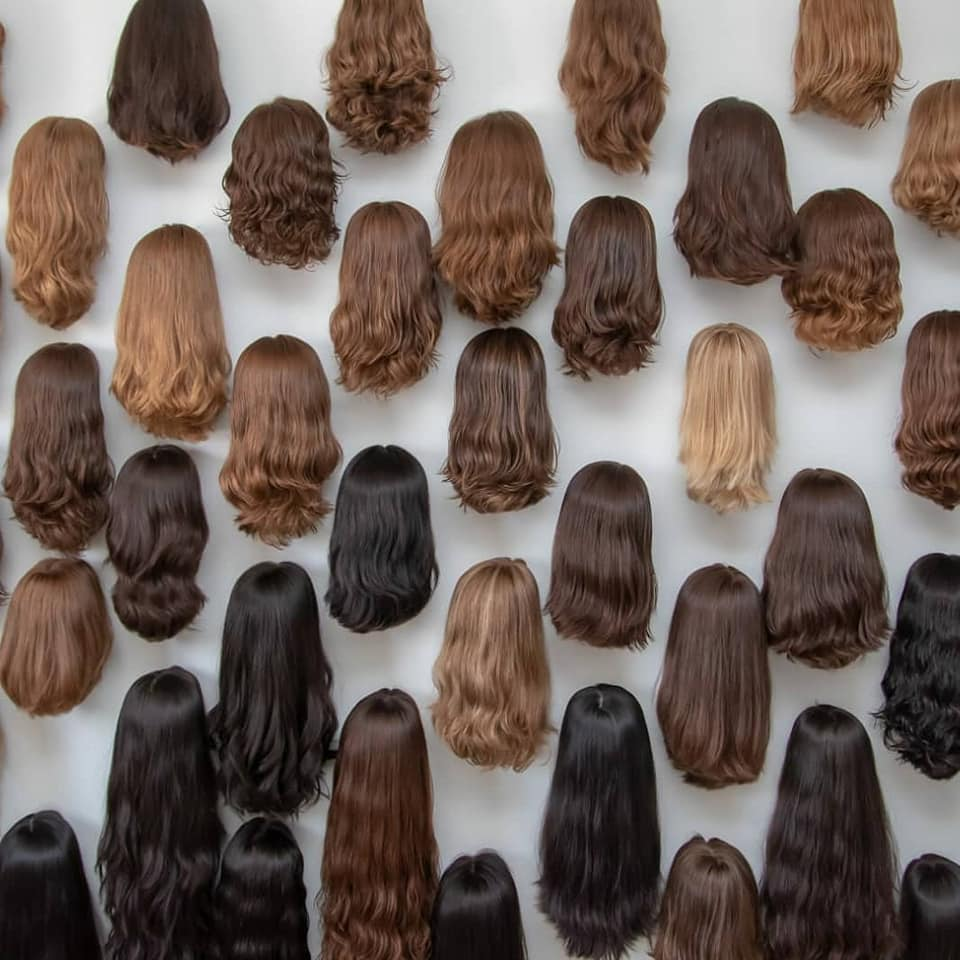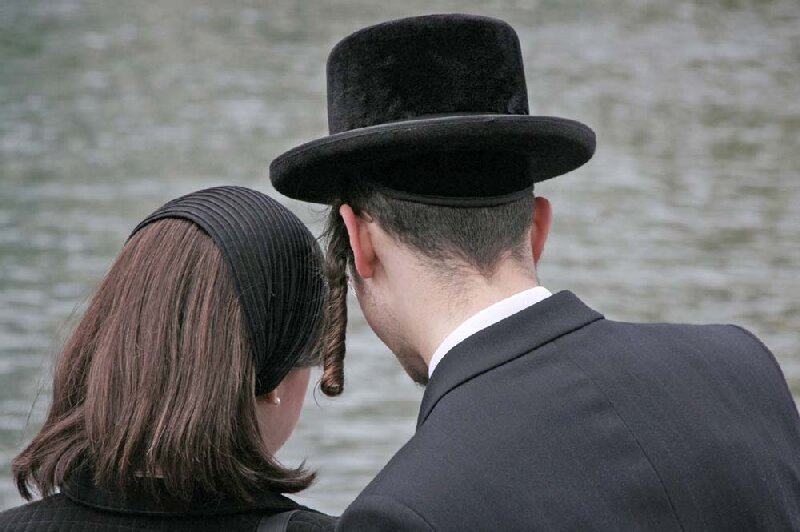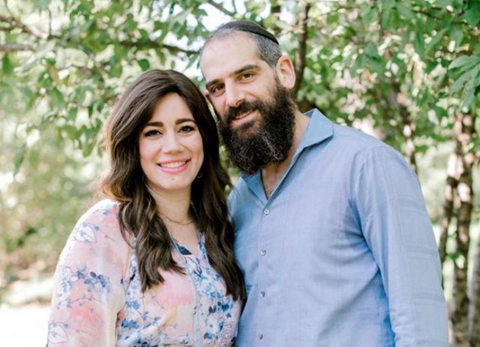In 2024, human hair wigs have become a common solution for women addressing hair loss or seeking versatile styles without straining their natural hair. A-list celebrities like Lady Gaga, Nicki Minaj, and Kim Kardashian often flaunt glamorous wigs, effortlessly switching up their looks. However, beyond fashion and aesthetics, there exists a unique community where wig-wearing holds profound significance: the Jewish community. Among Orthodox Jewish women, wearing wigs, known as sheitels in Yiddish, goes beyond personal preference and is deeply rooted in religious and cultural practices.
What Are Jewish Hair Wigs?
Jewish hair wigs, or sheitels, hold significant importance for observant Jewish women. These wigs are not mere accessories but serve as a religious and cultural expression, adhering to specific guidelines outlined by Jewish law. Sheitels are meticulously crafted, typically from natural human hair, to provide modesty while aligning with religious principles. The construction process involves hand-tying individual strands of hair onto a wig cap, ensuring a realistic appearance and lifelike texture. The lengths often fall below the collarbone to maintain a sense of decorum, and the lace front mimics the natural hairline.
Why Do Jewish Women Wear Wigs?
Orthodox Jewish women wear wigs for several reasons rooted in religious beliefs and cultural norms:
-
Modesty (Tzniut): Wearing wigs allows women to fulfill the Jewish principle of modesty by concealing their natural hair, presenting themselves with humility and privacy.
-
Marital Intimacy: Wigs symbolize the sacred nature of marital intimacy, signifying a married woman’s commitment to her spouse and emphasizing the sanctity of the marital bond.
-
Cultural Identity: Wearing wigs is a visual affirmation of cultural identity, marking adherence to Orthodox Jewish values and fostering a sense of belonging within the community.
-
Spiritual Focus: Covering natural hair is viewed as a means to redirect focus from physical appearance to spiritual matters, cultivating a deeper connection to faith.
-
Halachic Observance: The decision to wear wigs aligns with interpretations of Jewish law (halacha), reflecting a commitment to observing religious traditions.
Historical Context
The practice of hair covering among Orthodox Jewish women has its roots in biblical and Talmudic traditions. The Sotah ritual, described in the Bible, involved a priest uncovering or unbraiding an accused woman’s hair, which the Talmud interprets as a biblical requirement for women to cover their hair. The Mishnah and Talmud refine this perspective, suggesting that hair covering stems from communal norms rather than a direct biblical mandate. Over time, Jewish authorities like Maimonides reinforced the practice, and texts like the Shulchan Aruch and Zohar emphasized its importance, especially for married women.
Wigs Before Marriage
Traditionally, unmarried Jewish women are not required to cover their hair as extensively as married women. However, some unmarried women choose to wear wigs voluntarily for modesty or adherence to cultural traditions. Contemporary practices vary, with some communities encouraging hair covering to a certain extent even for unmarried women.
Kosher Certification of Wigs
The debate over whether wigs must be kosher-certified centers on ethical sourcing and adherence to religious guidelines. Kosher certification ensures that the wig's source and production meet specific religious standards. Some Jewish authorities insist on kosher certification, while others prioritize ethical sourcing. The decision to wear a kosher-certified wig depends on personal and communal preferences.
Buying Wigs
When selecting a wig, particularly for Jewish women adhering to cultural and religious traditions, the source is paramount. For those seeking kosher-certified wigs, connecting with a certified supplier is recommended. For premium, non-kosher wigs, Ouxun Hairs offers a comprehensive range of high-quality wigs tailored to meet the unique needs of Jewish women. Ouxun Hairs is known for using premium materials, ethical sourcing, customization options, and artisan craftsmanship. Their wigs provide natural looks, comfort, and breathability, ensuring satisfaction.
Conclusion
The choice of wearing wigs in the Jewish community extends beyond fashion, reflecting deep religious and cultural values. Ouxun Hairs’ commitment to quality and understanding of these traditions makes it a trusted source for Jewish women seeking wigs that blend tradition with modernity. For any questions about their human hair wigs, contact Ouxun Hairs' experts for guidance.
Post time: May-22-2024
-
Post time: 02/06/2024 at 14:56By yQPpXVxFvLeh:
DrjtCMXgBUFpqo
-
Post time: 28/05/2024 at 19:28By fGdXAKsQg:
WuUqpEzcaf












